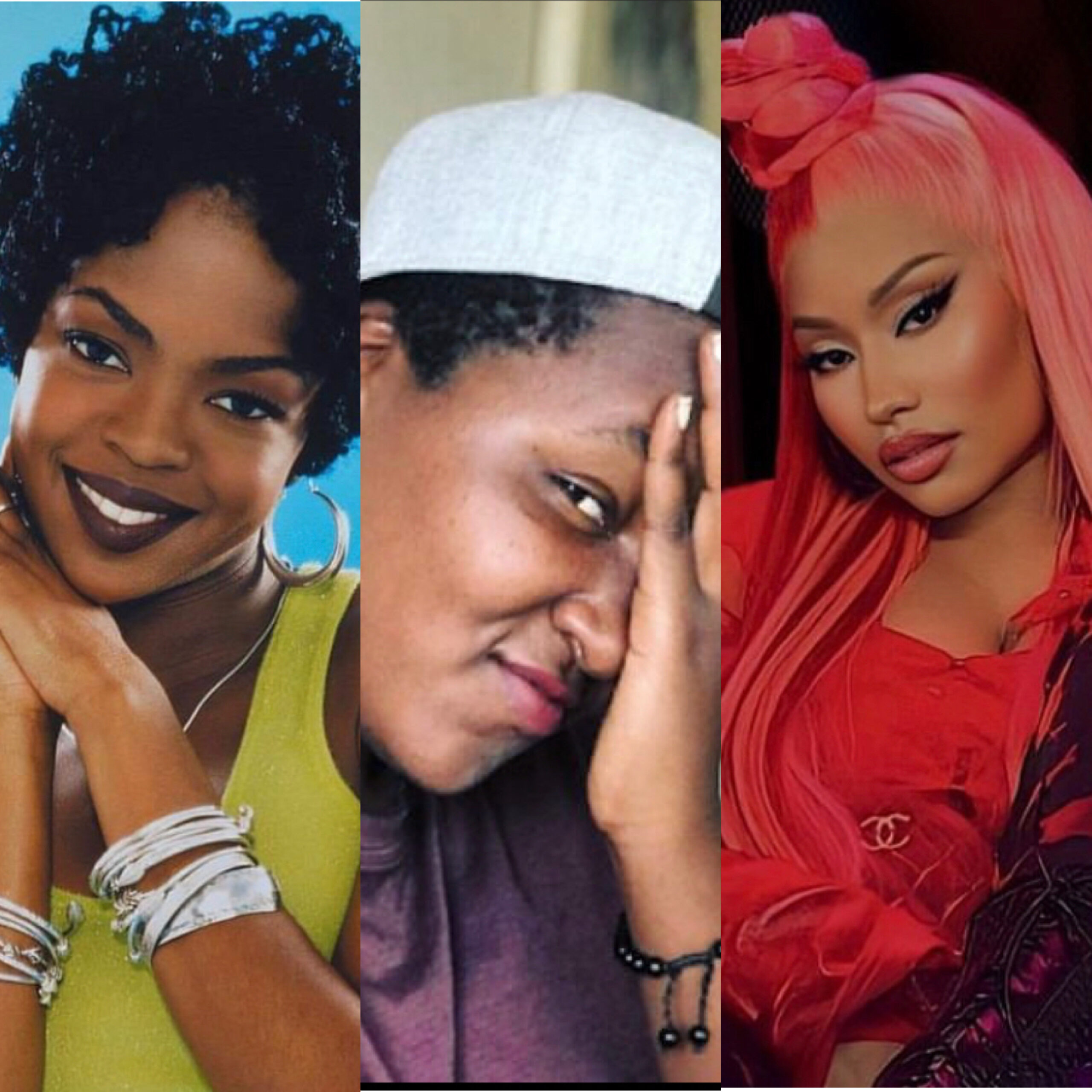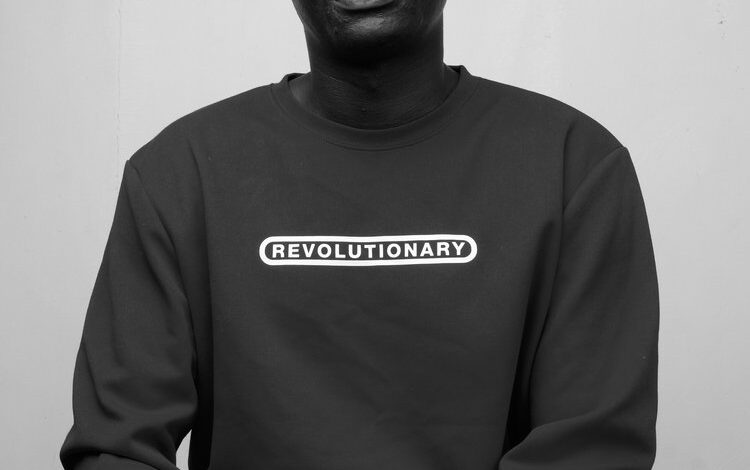African Underground: Democracy in Dakar is a groundbreaking documentary film about hip-hop youth and politics in Dakar Senegal. The film follows rappers, DJs, journalists, professors and people on the street at the time before during and after the controversial 2007 presidential election in Senegal and examines hip-hop’s role on the political process. Originally shot as a seven part documentary mini-series released via the internet – the documentary bridges the gap between hip-hop activism, video journalism and documentary film and explores the role of youth and musical activism on the political process
Music can call people to action and become a site of political struggle, both supporting and resisting the regime in power. DEMOCRACY IN DAKAR is a smart film that makes this point in the context of Senegal. The subject is hip hop and rap music, and the setting is the years of the administration of Abdoulaye Wade, including his first electoral victory in 2000 and his subsequent and much more controversial re-election in 2007. Suitable for high school and college courses in cultural anthropology, anthropology of art/music, political anthropology, and African studies, as well as general audiences.

The filmmakers offer up a cross-section of acts, many filmed in short bursts of a capella recitals. Most of the lyrics are in Wolof (there’s a smattering of French and English), and the formal translations don’t always convey the force of what’s being rapped (hip-hop is a medium that thrives on patois and idiom), and there’s a sameness of tempo and rhythm that haunts hip-hop scenes until idiosyncratic producers take hold in the studio and achieve critical mass. The many voices interviewed offer a cross-section of the 3,000 hip-hop groups in Senegal, but they speak as one in describing their elation at the Presidential elections of 2000 that turfed out the long-time Socialist party rules and installed opposition figure Abdoulaye Wade, and the subsequent anger at his failure to tackle the nation’s problems and his repression of opposition voices.
Senegal is essentially a democracy – there’s never been a military coup since gaining independence in 1960 – but advances are few and far between, and under Wade quality of life deteriorated and many young people died trying to flee to Europe via Spain. The fulcrum for this fervent opposition is the 2007 Presidential election, but it’s odd to build up an event five years old, especially when the results and tepid response are anti-climactic. It doesn’t help that Wade controversially stood again earlier this year, a development the movie doesn’t come close to covering.
African Underground: Democracy in Dakar fares better as a cultural rather than a political document, and the paucity of visual stimulus – handheld digital footage of rappers repeatedly interspersed with shots of ruins of political posters on walls – is reflected in the lack of examination into the contrasts and failings uncovered by Wade’s 2007 victory. The style’s growth is fascinating, but why didn’t the passion of the music make it near the ballot box?


